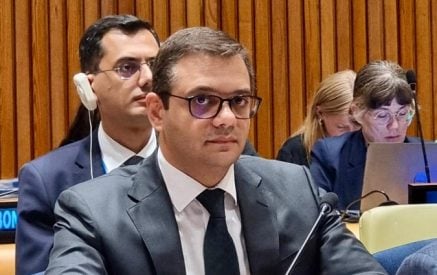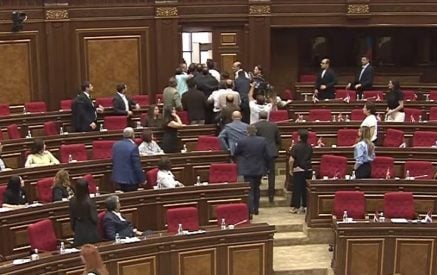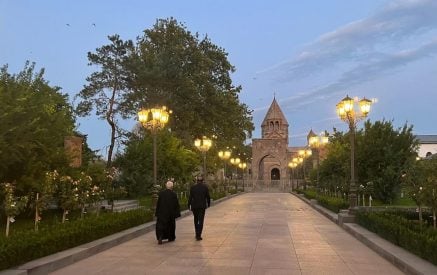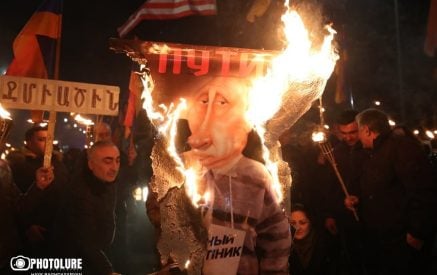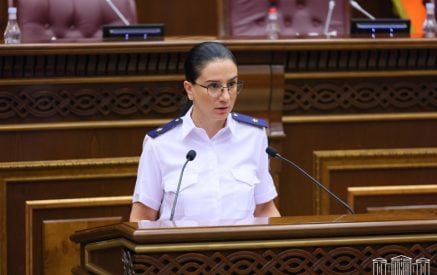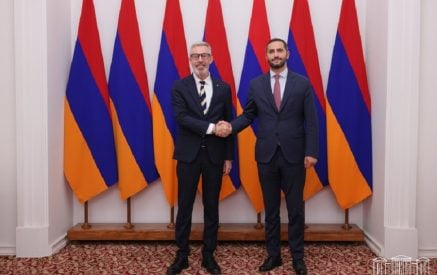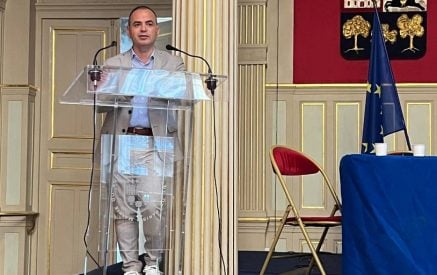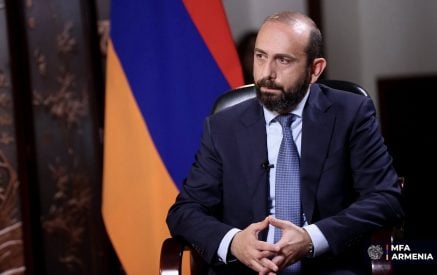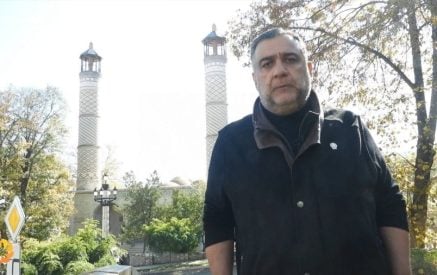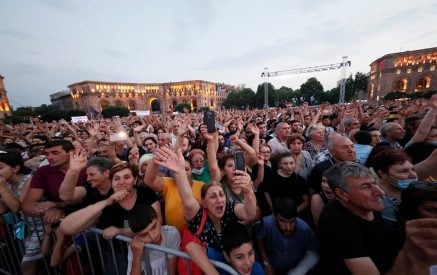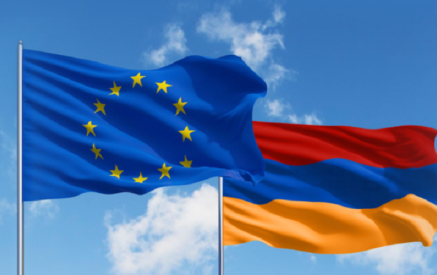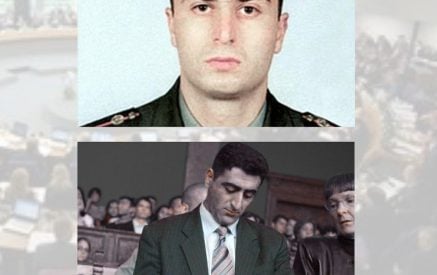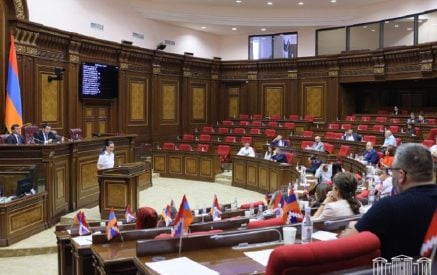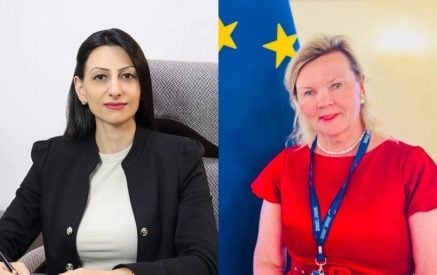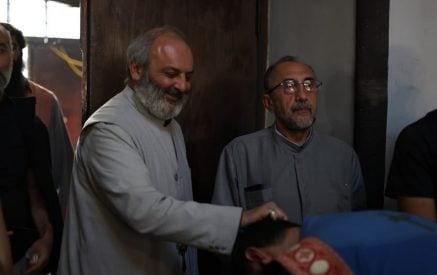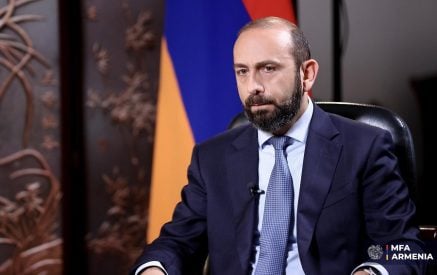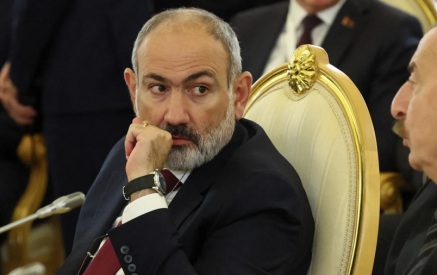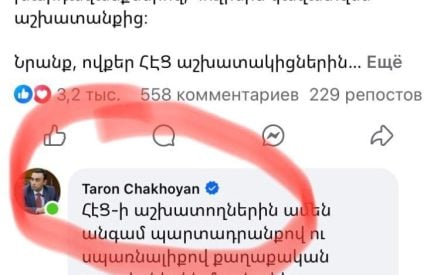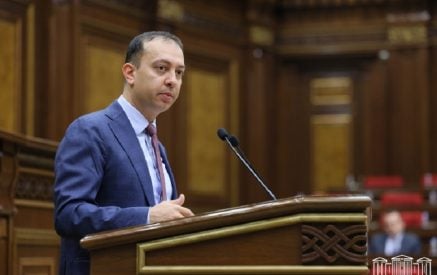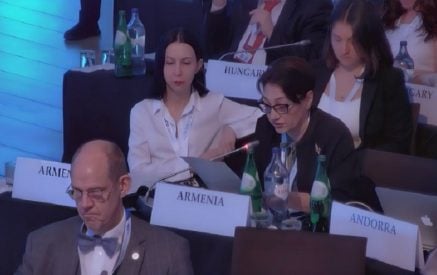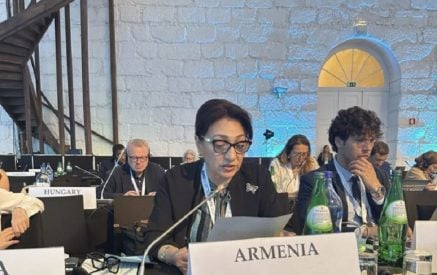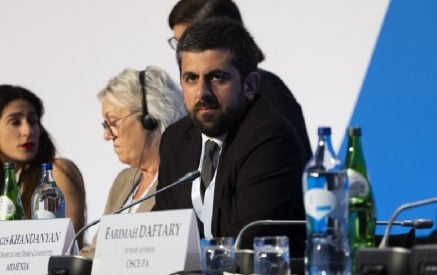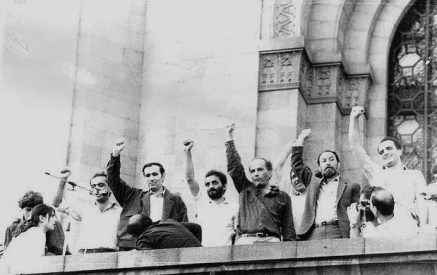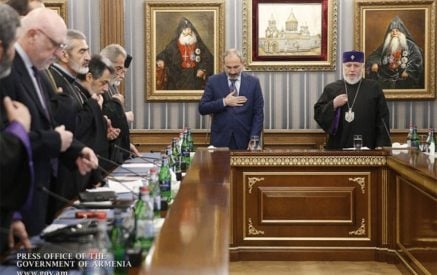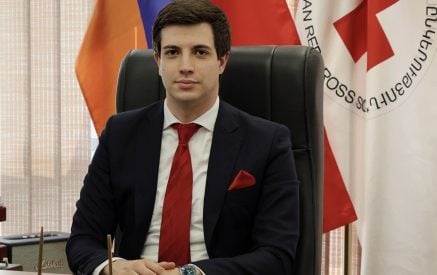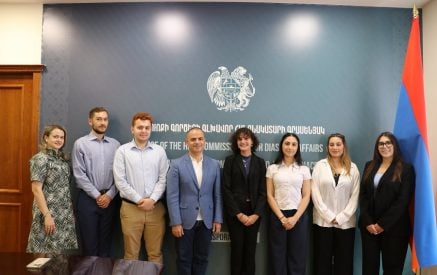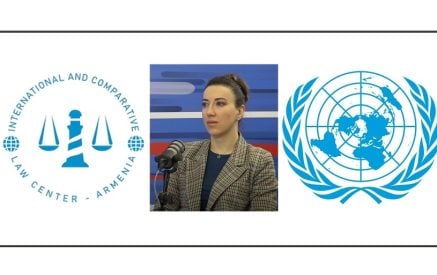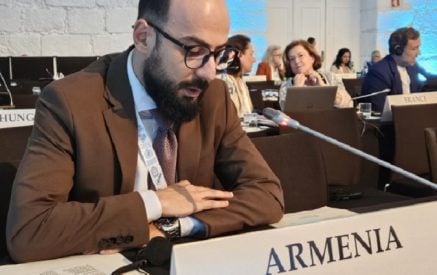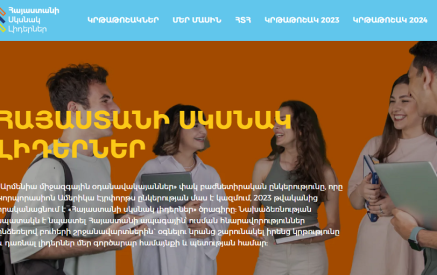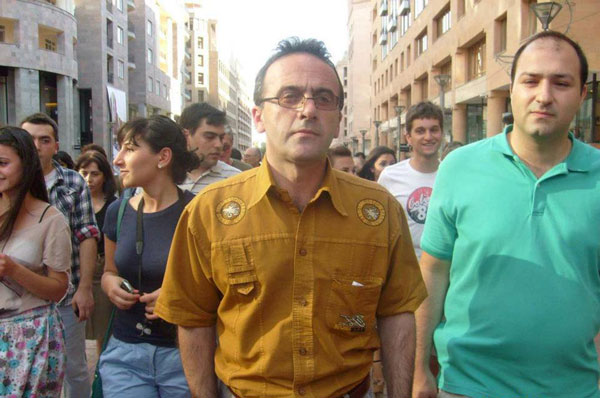The Civil Society Institute (CSI), the Norwegian Helsinki Committee (NHC), and the International Federation for Human Rights (FIDH) have put forward a mid-term assessment, which was prepared within the scope of recommendations undertaken by Armenia during its Universal Periodic Review by the United Nations Human Rights Council in May 2010. The report puts forward the practice of implementing those recommendations by the Armenian legal system and state bodies. The report reads: “The routine practice of torture and ill-treatment, especially in police custody, continues unabated. Victims of torture do not file official complaints fearing retaliation, and perpetrators are not held accountable for such acts.” Artur Sakunts, the head of Helsinki Citizens’ Assembly Vanadzor Office, stated during a conversation with www.aravot.am that their researches also testified to the same phenomenon. Talking about the reasons, he said: “The main reason is that the Special Investigative Service (SIS) doesn’t properly examine the reports on the police’s ill-treating citizens, the courts don’t give a legal assessment to those cases of ill-treatment either. The other is a structural problem. There is the internal security service of the police, which conducts internal investigation into the police officers’ actions based on the citizens’ reports. It is a police unit, which means that there is no independent mechanism of complaining. In this issue, the prosecutor’s office, which conducts investigation into such cases and doesn’t pay proper attention, also plays an important role.” We inquired whether even the fact that a campaign of disseminating love for the police among society had started didn’t contribute to normalization of the situation. Even videos have been shot. In this regard, A. Sakunts recalled the cases of Samvel Tonoyan, a detective, and Sargis Martirosyan, the head of the Kentron Department of the Police, when a police officer was not punished for misconduct, but was encouraged with promotion. Then he noted: “It is a fact that there is a big divide between the real and publicized actions of the police, and from this perspective, the commercials are not ads, but rather are of absolutely different kind. Therefore, it cannot increase trust; on the contrary, the distrust of the system deepens. Certainly, some cosmetic changes in the system have been made. For example, women are involved in maintaining public order, which is important at first sight. However, when pickets or marches are organized, where the majority is girls, there is no girl among the accompanying police officers, and there is inadequate use of force. In such cases, the police perform their functions by using force, and the commercials cannot have a significant impact.” Nina Karapetyants, a lawyer of the Helsinki Citizens’ Association, doesn’t see progress either. During a conversation with us, she stated: “Perhaps the reason is impunity. Perhaps that situation benefits the government; it is in the interests of the government that the police are an instrument in the government’s hands to punish some people. On the other hand, the police are required to make reports with numbers. No one is concerned about the real state of affairs. As a result, charges are laid against people who have nothing to do with the crime. They pursue a Soviet policy of percentage targets, as well as carry out a political instruction; classic examples of that are cases of Arshaluys Hakobyan, Arman Veziryan, and March 1.”
Tatev HARUTYUNYAN







